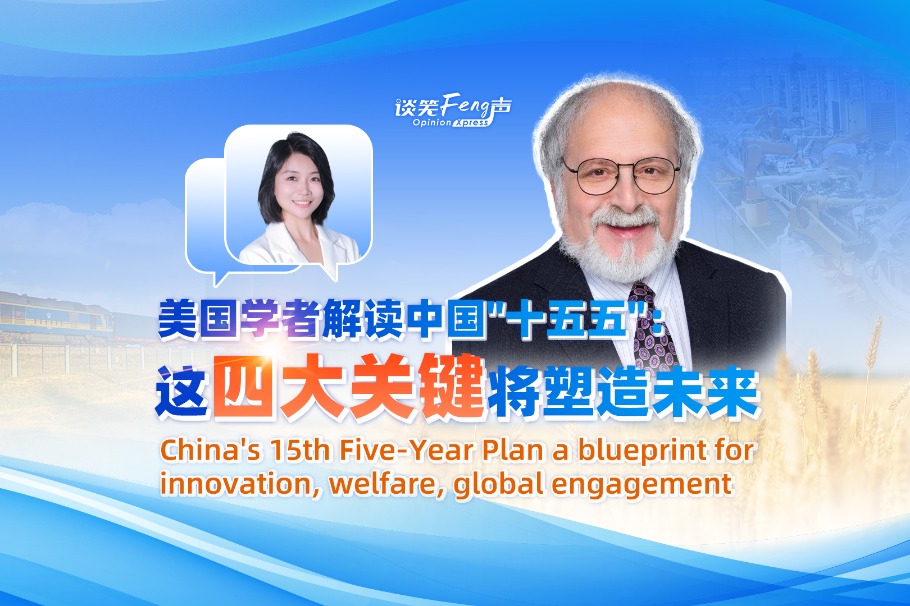Two positive signals from China-proposed resolution on international AI cooperation


The UN General Assembly (UNGA) recently unanimously adopted the resolution entitled "Enhancing International Cooperation on Capacity-Building of Artificial Intelligence". Among hundreds of resolutions passed by the UNGA each year, this resolution, which was widely covered by major international media, has received special attention. Governments worldwide, especially those of the Global South countries, as well as AI-related institutions and companies, speak highly of it. The resolution, proposed by China and co-sponsored by the US, is the UN's first resolution focusing on international AI cooperation. That partly explains why it has attracted so much attention and two signals it sends are particularly noteworthy.
First, it marked the first time that major countries, including China and the US, have reached consensus on strengthening international AI cooperation. As the most dynamic and cutting-edge technology today, AI has become the pacesetter of the new round of sci-tech revolution and industrial transformation. All parties are competing to invest more in it. China, the US and Europe are all at the forefront of the technological race. Excelling in different technological routes, they all strive to take the lead in this competition that will shape the future of humanity. To win the race, the US has resorted to aggressive measures such as technological blockades, market closures, and economic sanctions against China. Meanwhile, it has coerced its allies and many Global South countries into picking sides. This has put enormous pressure on Global South countries, because once they choose a side, they may gradually become technologically dependent on that side, and lose autonomy. If they refuse to take a side, they may potentially fall behind in the new round of revolution.
It is at this challenging moment that this resolution, proposed by China and co-sponsored by 140 countries, including the US, was adopted by the UNGA after numerous consultations, bringing a glimmer of hope to the world. It indicates that even in the highly competitive and unpredictable field of AI, people of different countries can set aside differences, build consensus, and blaze a path of cooperation as long as major countries have strong political will and most countries stay united.
Second, early starters in the domain of AI are ready to help Global South countries strengthen AI capacity building. Throughout history, technological innovations have reshaped the international landscape time and again. The future of a country hinges on whether it masters the advanced technology or not. Unfortunately, many Global South countries missed valuable opportunities for technological progress due to various reasons. For these countries, their backwardness in technology resulted in low productivity and slow social progress. They easily fall in a cycle of "missing one opportunity, missing all opportunities". Today, AI has emerged as an undeniably important force driving changes in work and life. For Global South countries, strengthening AI capacity building is not only an urgent need to catch up with developed countries and achieve leapfrog development, but also a key way to improve people's livelihood and enhance their quality of life.
Therefore, we sincerely welcome and firmly support the China-proposed resolution. We are full of hope for escaping the fate of being marginalized and becoming equal partners in the development and sharing of technologies. However, the adoption of the resolution is only the first step. The real challenge lies in translating it into concrete actions at an early date. We eagerly anticipate and call on China and the US to continue to lead by example, drive broader and deeper cooperation among countries worldwide on AI through China-US open cooperation. This is to ensure that this cutting-edge technology is a boon to every country and people, and allows everyone to enjoy the convenience and benefits brought by technological progress.
The author is a Beijing-based international affairs commentator.


































